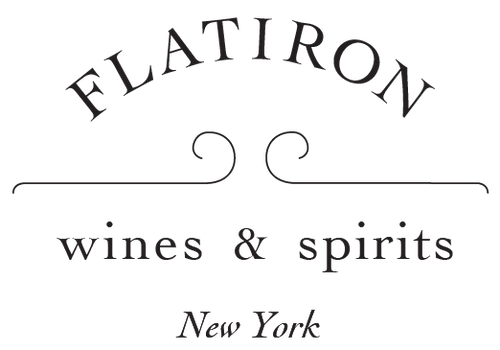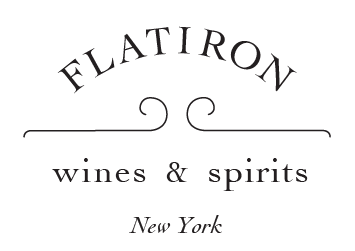To make a great wine you need to start from the ground up. Pedro Parra is a fervent believer in that sentiment. Say his name to most wine professionals and the response you will most often get is “Oh, the soil guy.” That is undoubtedly true and he would not say anything to dispel that notion.As one of the most highly regarded PhDs in terroir in the world, he has advised hundreds of wineries in Chile, Argentina, the USA, Italy, Canada, France and even Armenia. It stands to reason that, when a man like this decides to put his name on a bottle of wine, it would be a wine that exemplifies his life’s work.Though making his own wine had always been in the back of Pedro’s mind, the idea really began to crystalize the more he worked with and tasted wines from granitic soils. After all, granite dominates the soil of the area where he was born; a place of incredible viticultural potential.Pedro grew up in the town of Concepcion, the capital of the Bio Bio region and just south of the Itata Valley. 500 kilometers south of Santiago, Itata and Bio Bio were functionally isolated until about 40 years ago. High granite mountains with steep slopes, no roads, and dense rainforest made this region a difficult place to visit for centuries. This isolation is what makes this region such an important area for Chilean viticulture. It was spared the intrusion of Bordelais varieties that wiped out the pre-phyloxera vines elsewhere.Geologically the area is exceptional with soils dating to the Paleozoic era (220-300 million year old) which are primarily granite and schist. Schistous soils were deemed particularly good for farming pine and eucalyptus trees during Pinochet’s rule. As a result, all the vineyards that now exists in Itata and Bio Bio are planted on granite. Pedro’s preference is sandy quartzic granite soils. The loose sand drains water especially well, forcing roots deeper than the water-retaining clay soils, and leading to a greater expression of terroir. With soil this pure and vines that, at their youngest, are 60 years old, Pedro knows not to get in the way of a good thing. All fermentations are wild and start in either stainless steel or cement. Elevage is rather neutral, but sometimes experimental. Pedro uses Rauli wood for some of his wines and un-toasted, steam-formed large oak barrels for others. This serves more to soften the edges of his wines rather than impart any real flavor.For lovers of mineral-laden reds, these are wines you cannot pass up. The combination of deeply-rooted old vines and noninterventionist winemaking make his wines the epitome of granitic expression. These are not the highly-manufactured and manipulated Bordeaux-analogs so often peddled as expressions of Chilean terroir. These are the real thing and they can be yours for a song!
What importer Skurnik Wines has to say about this wine...
100% dry-farmed Cinsault from the smallest vineyard farmed by Pedro, in the heart of Guarilihue AltoSilty, sandy, quartzic terroirThe wine honors the wild and heart-driven saxophonist, Sonny “Newk” RollinsIndigenous yeast, 100% whole cluster fermentationAged in large 1,500L untoasted foudre
Details
-
Grape Variety
Cinsault
-
Vintage
2021
-
Size
750ml
-
Farming Practice
Sustainable
-
Style
Floral , Spicy
-
Sweetness
Dry
-
Body
Medium Bodied


